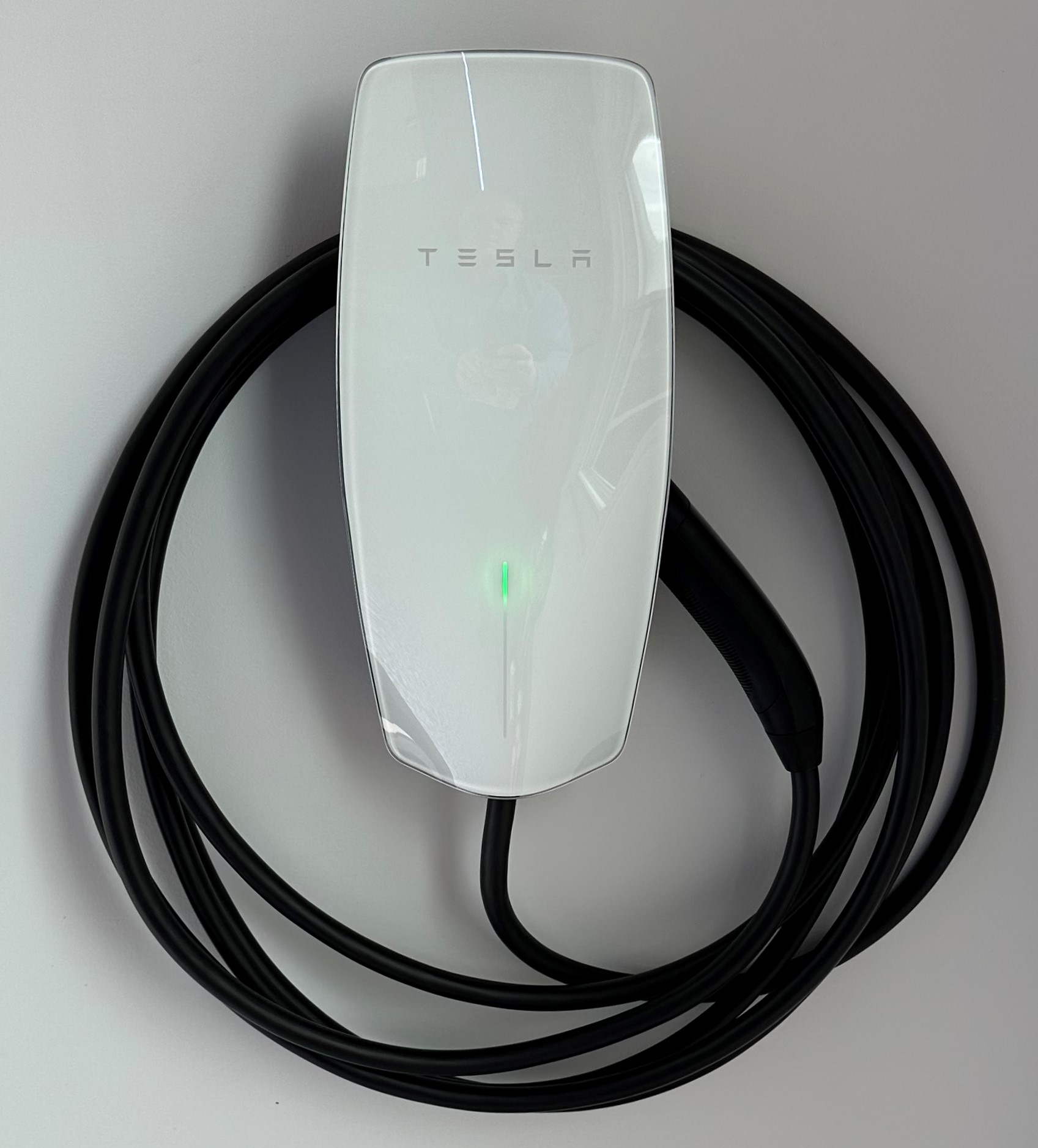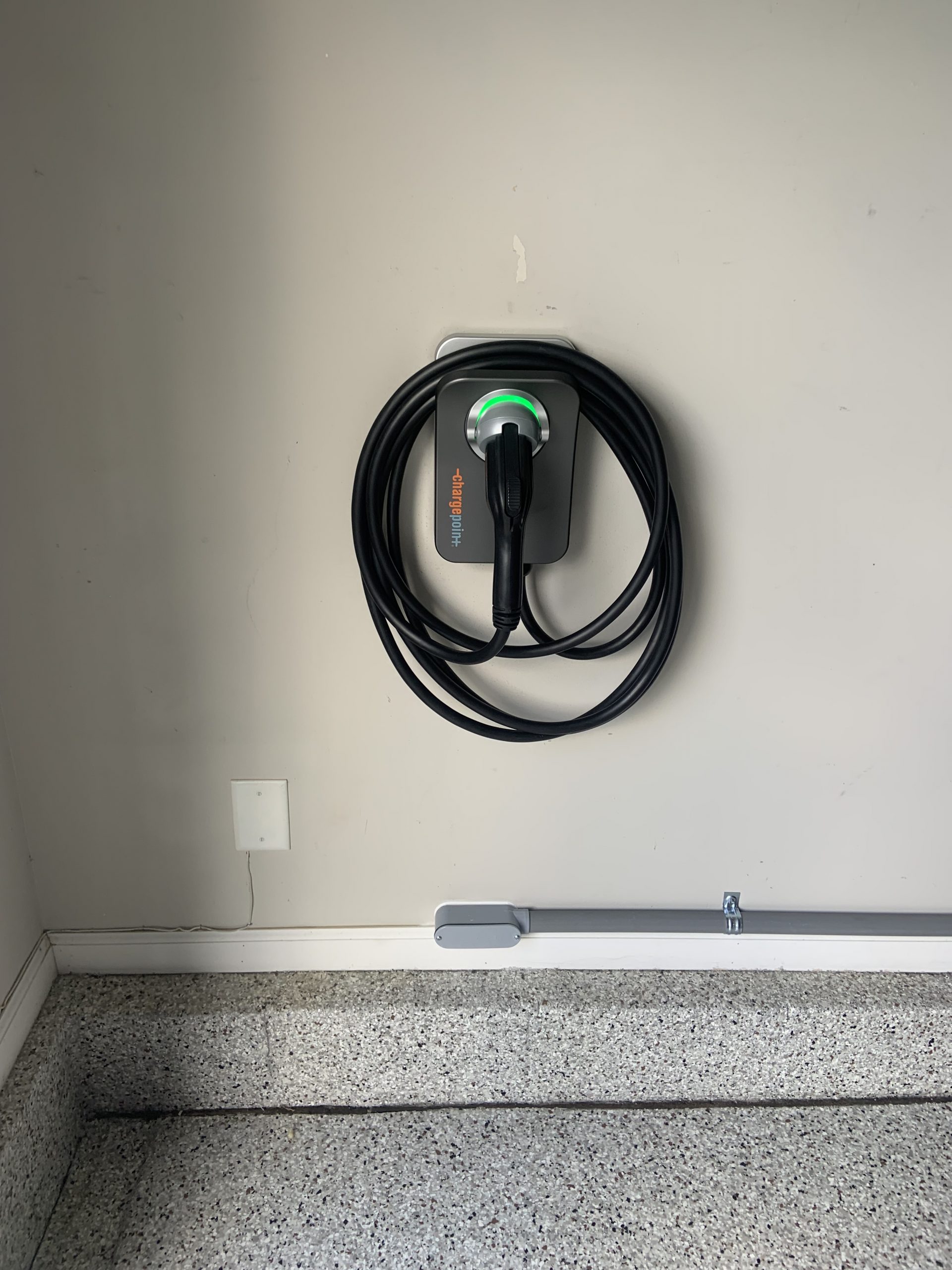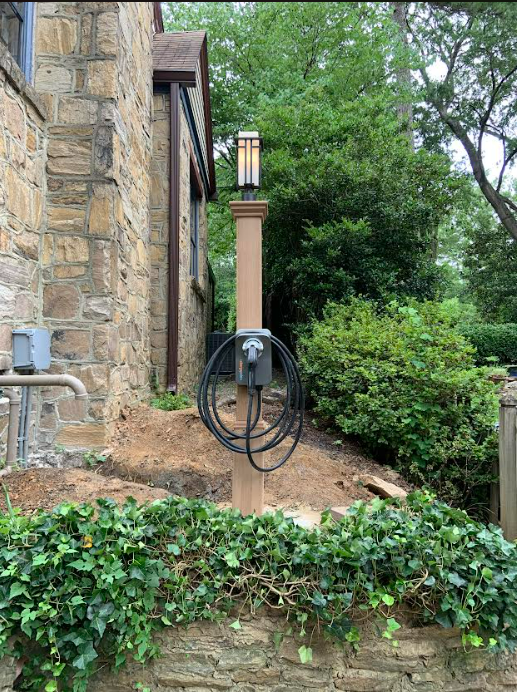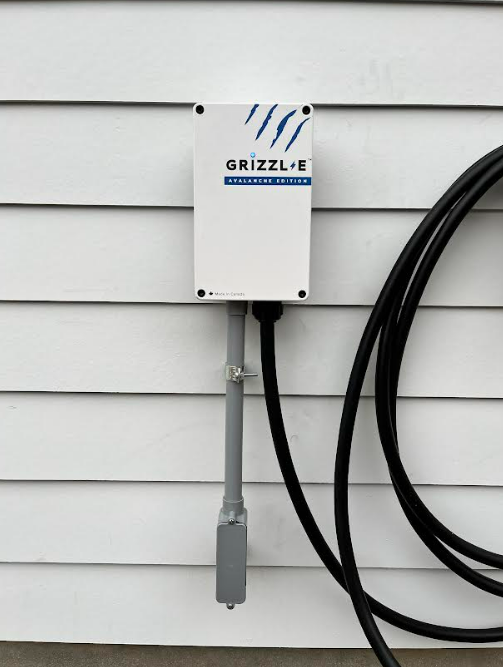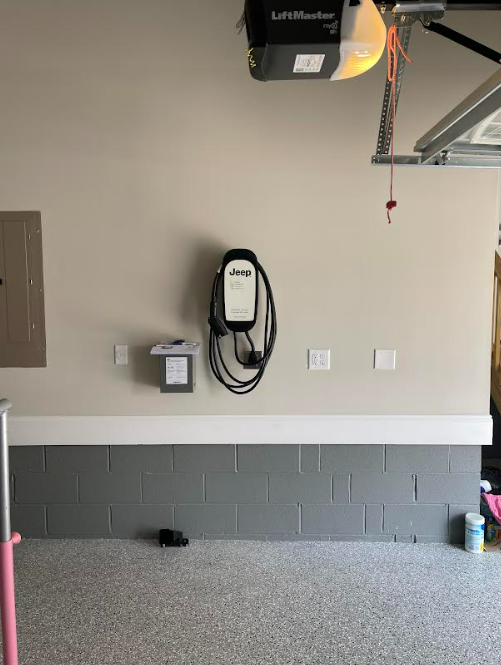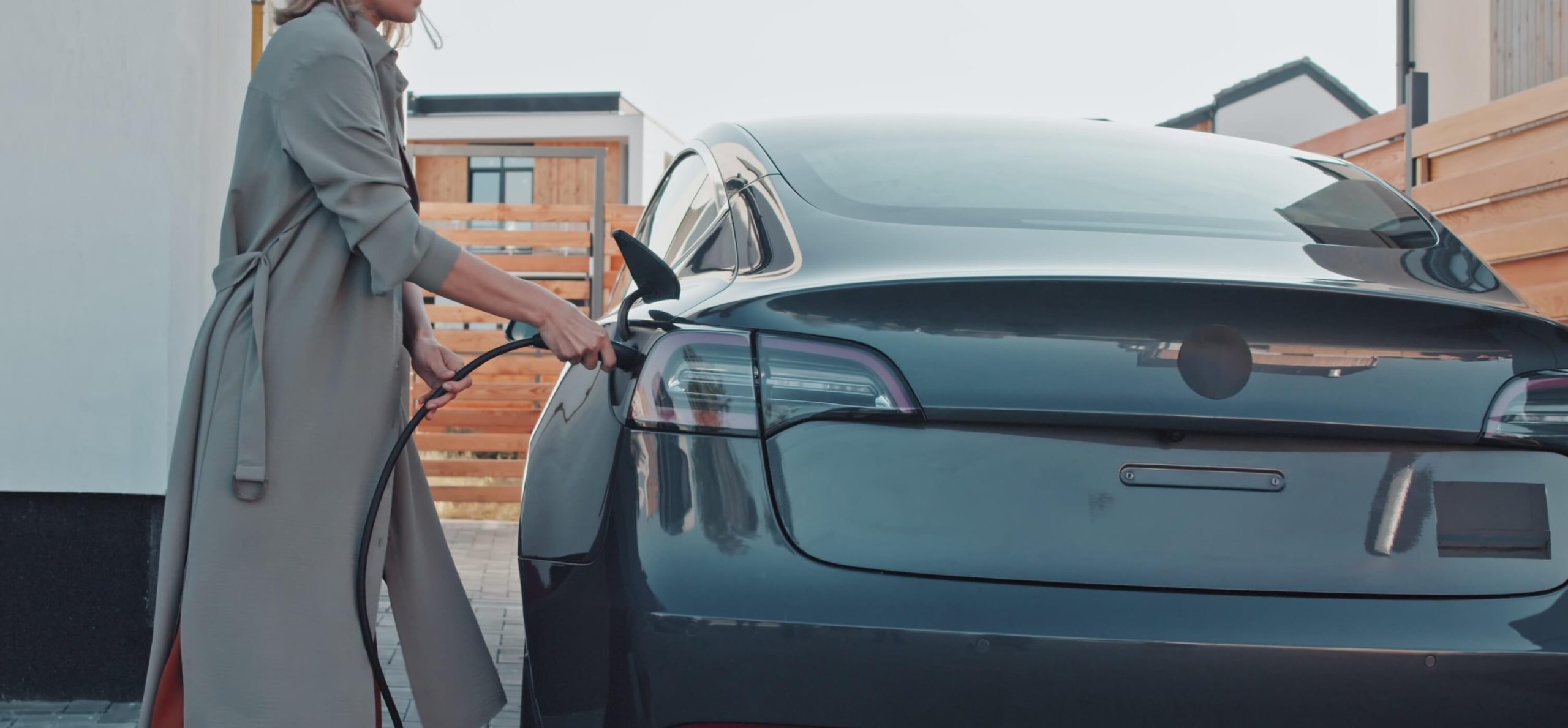
Electric Vehicle Home Charging Station Installation
An at-home charging station for an electric vehicle (EV) is the most convenient and reliable power solution for EV owners. At Wiretech Company, we help customers in Raleigh, North Carolina, and surrounding cities charge their EVs at home. Our electricians install home electrical vehicle supply equipment (EVSE) charging stations and perform the necessary upgrades to support the equipment. Request an inspection to begin planning with one of the state's premier EV charging station installation companies.
Raleigh's Certified EV Charging Station Installers
EV charging stations draw upward of 240 volts, making professional installation critical for efficiency and safety. An experienced hand will position you to maximize the advantages of driving an EV while protecting your home and vehicle from harm. Wiretech Company is a leading source for EV charging station installation near Raleigh. Since our foundation in 1990, we've evolved with the industry to remain at the forefront for EV charger installation in Raleigh NC. We staff some of the most qualified electricians to install EV chargers in the area, and we back their work with a complete commitment to customer service. Customers choose us for their permitted EVSE home installations for many reasons, including:
- Manufacturer certifications and referrals: We are a Tesla Premier Certified Contractor and Qmerit-certified installer for Raleigh and surrounding towns.
- Comprehensive services: We can complete all the electrical work your home needs to support an EV charging station.
- Local expertise: Based in Raleigh, we understand the unique factors and challenges that typically influence home EV charger stations and electrical upgrades.
- Upfront pricing: We'll provide a detailed price estimation before starting the project so you know what to expect.
- Extensive warranties: Our electrical work comes with a five-year customer satisfaction warranty.
Install an EV Charger Fit for Your Vehicle
Embracing flexibility in the realm of electric vehicles, Wiretech Company installs at-home charging stations for EVs from every leading manufacturer. Looking for a Tesla home charger installation near me? We are a Premier Certified Tesla Contractor in addition to installing chargers from brands such as ChargePoint, Wallbox and Juicebox. Types of at-home charging stations we install include:
- Tesla EVSE
- Ford Connected Charge Station and Connected Charge Station Pro
- General Motors PowerUp 2 and Energy PowerShift
- Wallbox Pulsar Plus™
- BMW Flexible Fast Charger and Wallbox
- Hyundai ChargePoint® Home Flex EV charger
- Kia Charge Ecoline and Charge Proline
- Porsche Wall Charger Connect
- Rivian Wall Charger
- Lucid Connected Home Charging Point
Home EV charging stations fall under two categories with two different charging speeds — Level 1 and Level 2 chargers. At 120 volts, a Level 1 charging station fills a battery in 11 to 20 hours. Level 1 chargers are ideal for hybrid vehicles that use electricity to supplement gasoline. A Level 2 charger, which requires 240 volts, can charge the battery in three to eight hours. Level 2 chargers are the best at-home solution for owners of fully electric vehicles.
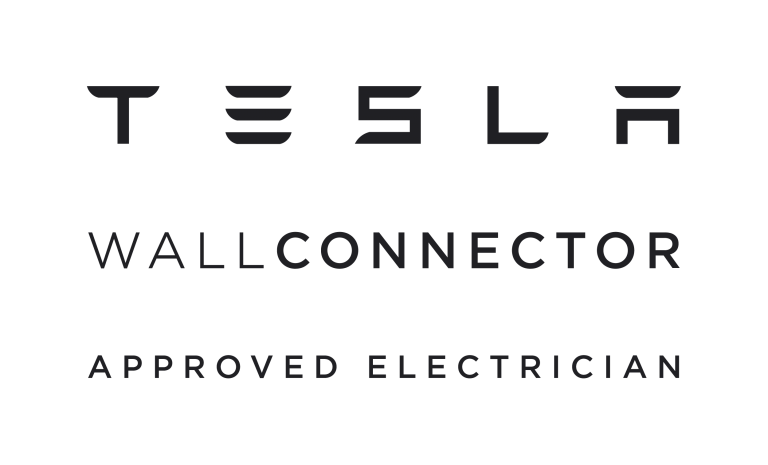



Our Permitted EVSE Installation Process
Wiretech Company streamlines permitted EVSE Installations through technical expertise and transparent customer service. Here is what you can expect when working with us:
- Electrical inspection: We will visit your home to evaluate your electrical infrastructure. Our inspection will allow us to determine whether your current circuit breaker voltage and wiring can support the EV charging station you need.
- Price estimation: We will quote you for the work upfront for full transparency before beginning the project. Our price estimates show precise amounts based on the station, load calculation and distance from the panel.
- Preliminary work: We will install new electrical equipment and wiring that is compatible with your EV charger if necessary.
- Charger installation: We will arrive on time and bring the tools needed to complete the job on schedule. Most basic installations take a few hours to complete.
- Post-installation inspection: We will schedule a charging station inspection to verify the system's functionality and health.
Request Home EV Charger Installation Near You
With Wiretech Company, you can experience the convenience of an at-home EV charging solution. If you're searching for EV charger installation near me, Wiretech Company provides those expert services. Our charge point installers perform electrical upgrades and EV charging system installations in Raleigh, Durham, Chapel Hill, Wake Forest and other nearby parts of North Carolina, following local permit and inspection rules with every installation. With our competitive in-house financing and five-year warranties, we are among the region's best EV charging station installers. Call 919-893-0807 or contact us online to schedule an assessment.
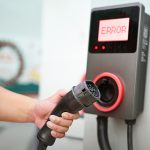 Why Is My EV Charger Not Working? A Step-by-Step Troubleshooting Guide
Why Is My EV Charger Not Working? A Step-by-Step Troubleshooting Guide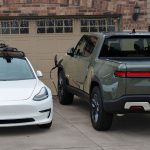 An EV Owner’s Guide to Bidirectional Charging
An EV Owner’s Guide to Bidirectional Charging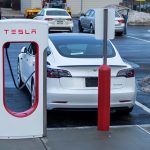 What’s the Cost of Using an EV Charging Station?
What’s the Cost of Using an EV Charging Station? Driving and Maintaining Electric Vehicles During the Winter
Driving and Maintaining Electric Vehicles During the Winter- Difference Between Indoor and Outdoor EV Chargers
 What Maintenance Do Electric Vehicle Chargers Need?
What Maintenance Do Electric Vehicle Chargers Need?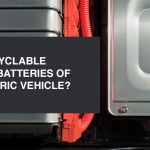 How Recyclable Are the Batteries of an Electric Vehicle?
How Recyclable Are the Batteries of an Electric Vehicle?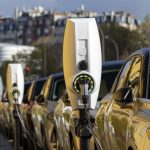 Why Switch to an Electric Vehicle?
Why Switch to an Electric Vehicle?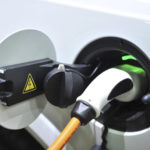 How Much Does It Cost to Charge an Electric Vehicle?
How Much Does It Cost to Charge an Electric Vehicle?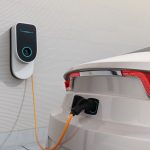 Things to consider when choosing an EV Charging Station
Things to consider when choosing an EV Charging Station

